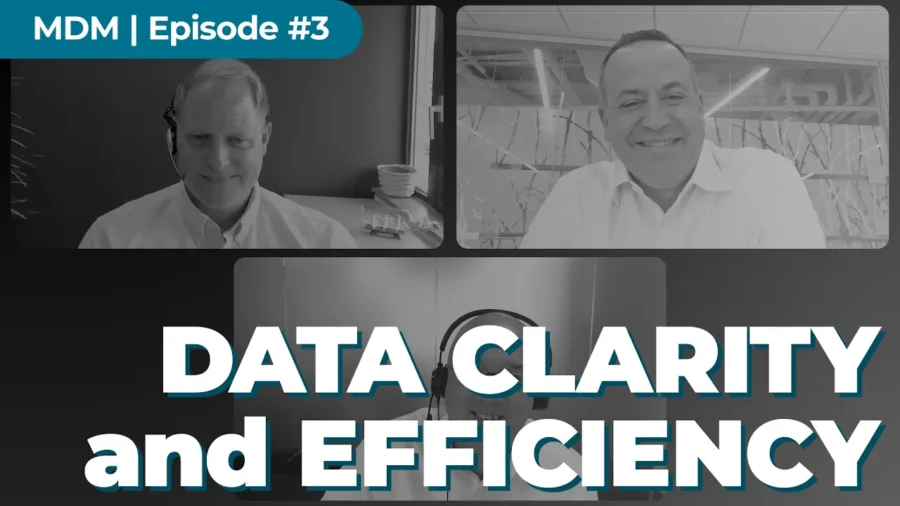Knowing what you have is just as important as what you do with it. A good data catalog helps finance and data leaders see clearly. This clarity helps them reduce waste, manage risk, and make informed decisions. In partnership with Expand.
Data Catalogues: How They Empower Inventory Management Systems
(In Partnership with Expand). Financial institutions are managing more market data management services than ever before. But without the right structure in place, visibility, control, and cost efficiency quickly deteriorate. At the center of this challenge is one underutilised asset: the data catalogue.
More than just a list, a data catalogue is the backbone of effective market data management. It transforms disjointed information into actionable intelligence, empowering teams to manage inventory with clarity, precision, and confidence. When you use a market data management platform like Calero, along with consultants like Expand, data catalogues become stronger. Catalogues then help you improve operations and lower hidden risks.
Uncover What a Data Catalogue Is
A data catalogue is a structured repository that documents and organizes all the data assets within your organization. Think of it as a detailed index for your data. It is a smart map that shows what data you have, where it comes from, how it is used, and who owns it.
In the context of market data services and financial environments, data catalogues serve a critical function. They:
- Centralize and standardize vendor feeds and entitlements
- Track contract details, usage policies, and access permissions
- Help teams understand interdependencies between systems and data sources
- Provide context for compliance, audit, and reporting requirements
Data catalogues go far beyond tagging spreadsheets or maintaining a static list. A modern data catalogue is dynamic, searchable, and integrated into your broader market data management ecosystem.
Why Data Catalogues Matter for Inventory Management
Inventory management isn’t just about tracking devices or software—it’s about understanding your entire data landscape. A well-structured data catalogue empowers organizations to:
- Gain Visibility: Uncover every data source in use across applications, systems, and teams. You will face no more surprises when contract renewals come due or when audits uncover access violations.
- Improve Accountability: Assign ownership to data assets and define business rules. This enables financial data management teams to enforce governance and avoid duplication or misuse.
- Drive Cost Efficiency: Identify redundant or unused data services. Make smarter renewal and procurement decisions using market data insights tied directly to usage and value.
- Strengthen Compliance: Make sure audits are smooth by showing clear and current records. The researcher accesses the confidential data, which includes personal information and financial records, under strict confidentiality agreements.
Without a centralized data catalogue, inventory management becomes fragmented, reactive, and prone to error. With one, it becomes a strategic asset.
Key Mapping Tips for Your Data Catalogue
Data catalogues can be daunting to start or refresh. When you start or update your data catalogue project, focus on systems and processes, making sure they are flexible and easy to integrate, and focus on ease-of-use.
Key features to prioritize:
- Metadata Depth: Capture vendor names, feed IDs, contract terms, data types, access rules, usage limits, and system connections.
- Search and Discovery: Ensure your team can easily find data assets across business units and geographies.
- User Permissions and Role Mapping: Align access rights with job functions to reduce compliance gaps.
- Change Tracking: Automatically log modifications, removals, and additions for audit-readiness.
- Integration with Market Data Management Platforms: Make sure your catalogue plugs into your broader ecosystem. Integration streamlines inventory management, entitlement control, and cost tracking.
How Expand Enhances Your Catalogue
A powerful data catalogue is only as valuable as the insights it provides.
Working in partnership with Expand, data collection, normalization, and action plans become easy. Expand is a leading provider of benchmarking and advisory expertise for financial institutions, working with 7 of the top 9 financial institutions to improve performance, identify growth opportunities, and develop smarter strategies.
In a recent collaborative podcast featuring Expand, they explain how their benchmarking services offer “amazing, liquid data assets” with a “methodology that gives meaningful insights to all consumers.” By taking data straight from the inventory source, Expand is able to see trends on a granular level.
Together, Expand and Calero enable financial institutions to turn fragmented data environments into tightly governed, insight-rich ecosystems—unlocking both savings and control.
Your Catalogue is Your Compass
Knowing what you have is just as important as what you do with it. A good data catalogue helps finance and data leaders see clearly. This clarity helps them reduce waste, manage risk, and make informed decisions.
The more complex your data landscape, the more essential your catalogue becomes.
If you’d like to hear more on how Expand and Calero work together, check out our recent podcast collab.
Ready to take control of your Market Data Estate?
Book a demo today and see how you can optimize your global technology management.
Calero | Technology Business Management Solutions Optimize costs, inventory, and operations for SaaS, mobility, telecom, and beyond with a single unified technology business management platform.


